While shopping in San Diego’s Hillcrest district, I happened upon these two gents, who offered a clever little mobile service for Ash Wednesday, which marks the first day of Lent and 40-day preparation/separation period before […]


While shopping in San Diego’s Hillcrest district, I happened upon these two gents, who offered a clever little mobile service for Ash Wednesday, which marks the first day of Lent and 40-day preparation/separation period before […]
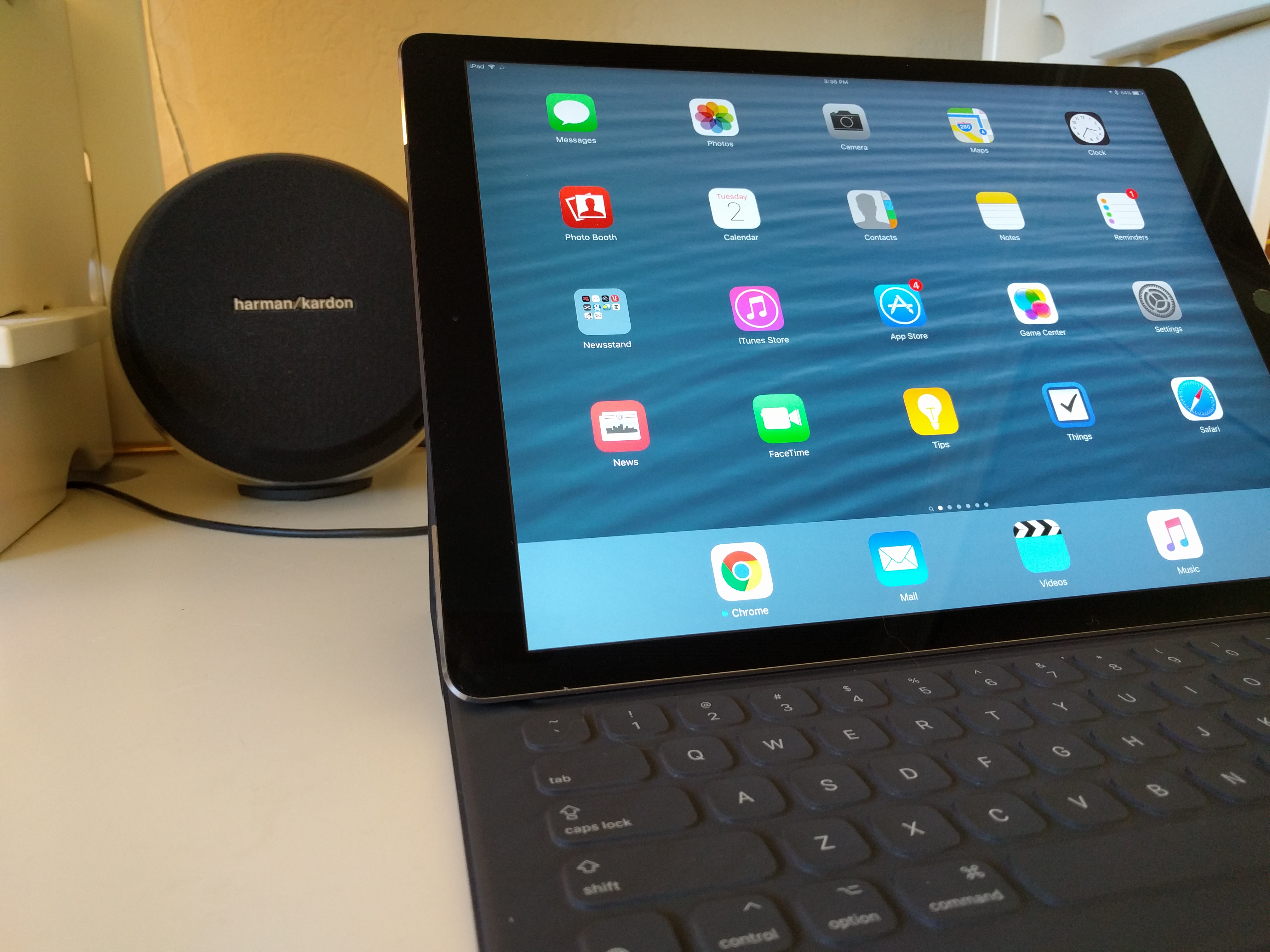
Day 5 morning, and I am close to returning the iPad Pro to T-Mobile. There are too many quirks that reaffirm my contention in thi series’ second post: Apple’s big-ass tablet is a proof-of-concept device that’s ready, or so I thought, for few users (digital content creators) but not the masses. Now I wonder if the thang is ready for anyone.
Setting up Apple Pencil should be as easy as pulling off the rear cap, inserting into Lightning port, and acknowledging Bluetooth connect request prompt. But there is no response from the tablet, after a half-dozen attempts, so I Google for solutions. No luck there, and I check Bluetooth settings, where the device doesn’t appear. Disconnect my Harman Kardon speakers. No change. Turn off and on Bluetooth. Nope. Detach Pencil, try again. Success! Device shows up, pairs, then disconnects, and stays that way until I try again, and then it’s “Groundhog Day” time. I’m Bill Murray reliving the same moment over and over without progress.
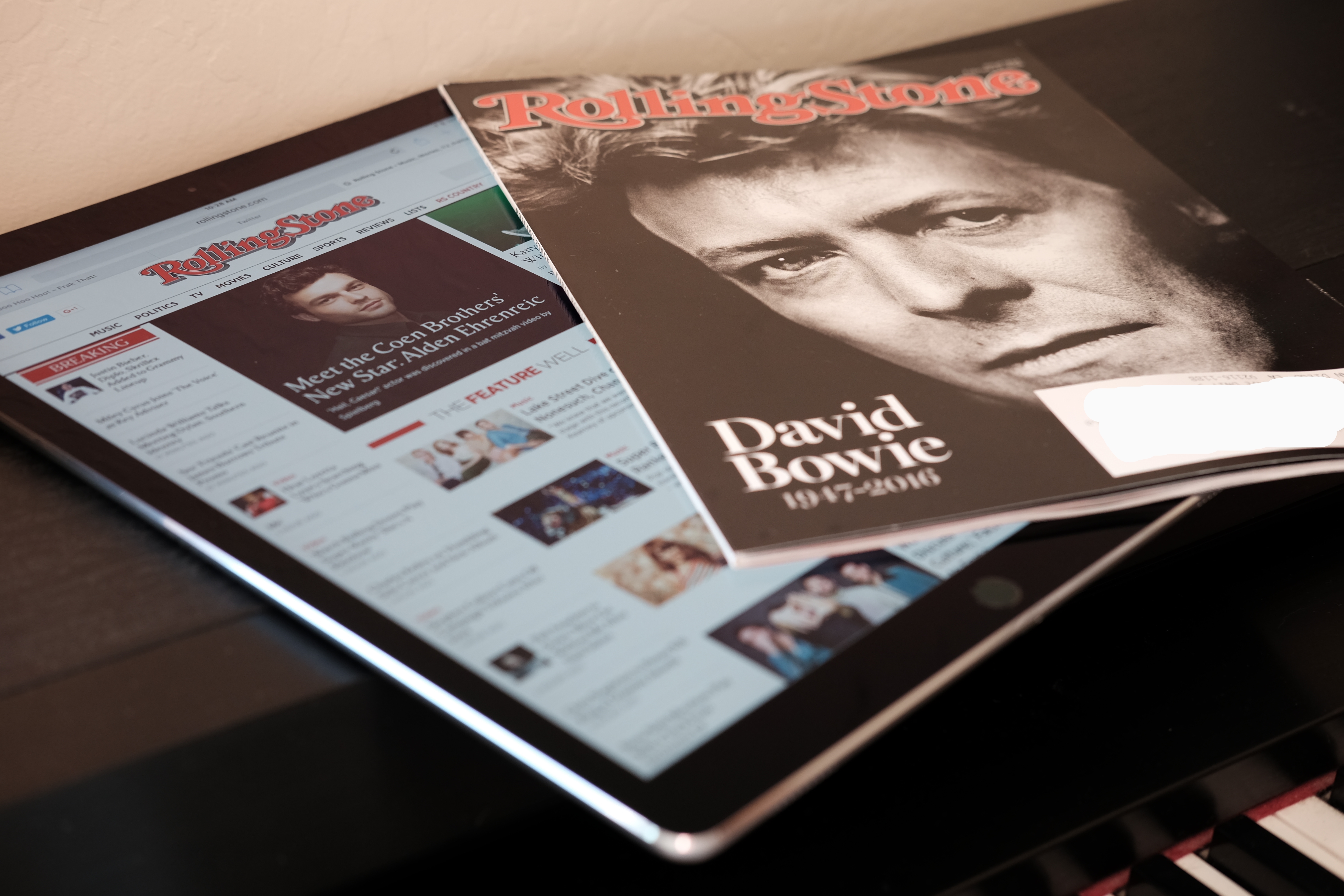
“Look up, waaaaaay up” is a phrase familiar to Canadians of a certain age, who watched “The Friendly Giant“. The kids program aired from 1958 to 1985 on CBC, which our TV antenna grabbed from the local affiliate across the border in New Brunswick (I’m from Northern Maine). There’s something about iPad Pro’s enormity that makes it feel more like something the Giant would use.
My question this fine Friday: Is iPad Pro too big? For the majority of potential buyers, my answer is unequivocally yes. I don’t see a product made for the majority. Whatever Apple’s post-PC ambitions, iPad Pro is more a proof-of-concept for future laptop replacement. However, for the few—creators looking for larger digital canvas—iPad Pro offers much. For the many, the first version will work out the kinks, such as getting the app platform placed, for mass-market successors. Warning: Embracing the expansive tablet may make switching to something smaller nearly impossible. Size matters, and sometimes larger is better.

As seen in my kitchen. This is my first food shot posted in years. I don’t understand the fascination folks have with their meals, most of which I find photographically unappealing. If not for the […]

There is collective head-scratching across the InterWebs about a Wall Street Journal report that Amazon will open as many as 300, or even 400, stores selling books. The company’s massive success selling ebooks and the cost and selection advantages of warehousing their physical counterparts make the concept seem nonsensical. I contend that it’s brilliant.
Amazon is in process of expanding online services into the purview of local retail, which biggest competitive advantage is immediacy. In conjunction with the $99-per-year Prime program, the online retailer offers faster shipping; same day, and within hours, in some locales. The company increasingly contracts its own carriers, as well. Immediacy requires presence. What better location than a bookstore that also warehouses other goods and provides customer service operations? That’s all without considering the branding opportunities, which, as Apple Store demonstrates, can be huge.
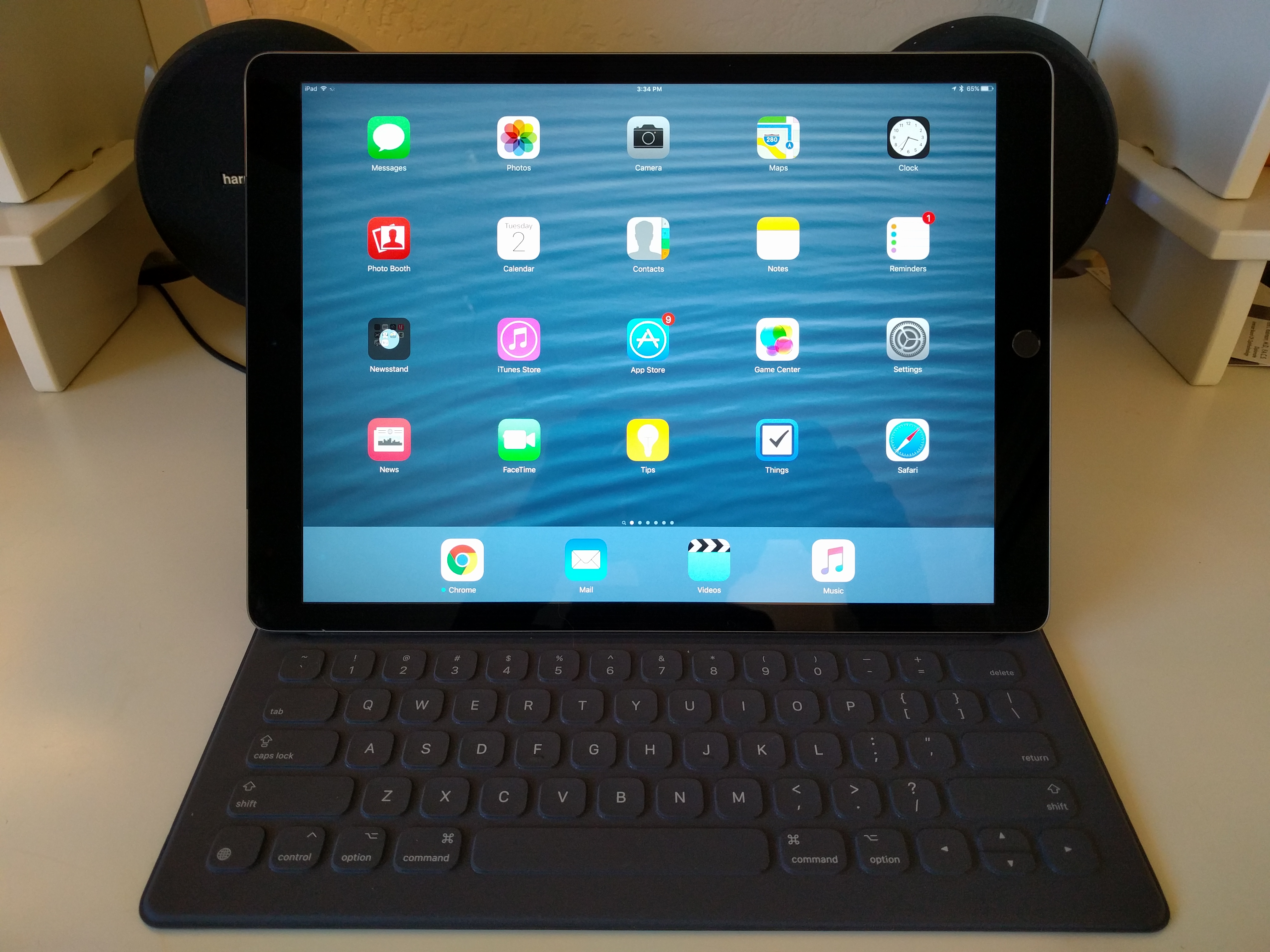
The first thing you notice about iPad Pro is the size. The tablet is ginormous. It’s 12.9-inch screen lays before you like a chalk slate—a blank canvas demanding typed text or drawings made with Apple Pencil. Yet something also feels wrong about the thing. During the so-called Steve Jobs era, refined designs were smaller—like iPod nano. Apple is no stranger to larger; 27-inch iMac today or 17-inch MacBook Pro of yesteryear are examples. Perhaps. But there’s big, and BIG.
The giant tablet arrived around 2:50 p.m. PST on Groundhog Day 2016, marking a bold computing adventure for February: Using iPad Pro as my primary PC, and hopefully only one. Perhaps you read my recent obituary to Apple love lost and might wonder why buy anything Apple? I like to experiment and am paid to try out new things (so you won’t have to). By sheer size, PC replacement, not companion, is the only sensible design objective for iPad Pro. Can it meet the demands? I want to find out.

Over the weekend, my 94 year-old father-in-law asked what I would do to assure that every American who could vote would do so. That was an unexpected question, but one I addressed gingerly. This post is my answer restated for a public venue.
Simple answer: Smartphone. According to PewResearchCenter, nearly 70 percent of Americans own one of the devices, but the number among voting age adults tops 80 percent, according to other estimates. Surely a program could be in place by the 2020 Presidential race, and if lawmakers were truly serious about universal suffrage, a Manhattan-like project could make it happen by the next Mid-terms.

February chill kills one of my favorite television channels—changing character, possibly, with major rebranding. Palladia will become MTV Live on the 1st. Oh joy. Tomorrow comes too soon. There’s something about the current name that delights the tongue—double l and how the ending “ah” syllable rolls. Granted, Palladia also is a FDA-approved drug for treating canine cancer, which isn’t the best connotative association for the television channel.
Still, it’s an established brand, as is MTV, and I can understand the rationale of uniting the channel with others in the music video and programming empire—perhaps funneling all the network’s recorded live broadcasts to the renamed channel. My concern: Losing the programming character that I find so appealing; perhaps you, too.

Well, Hell, someone buy me girdle and a dress. High heels, too! It’s a magnanimous show of goodwill and gender nullification that the Worldwide Association of Female Professionals would want me—me, a male—to join their ranks. […]
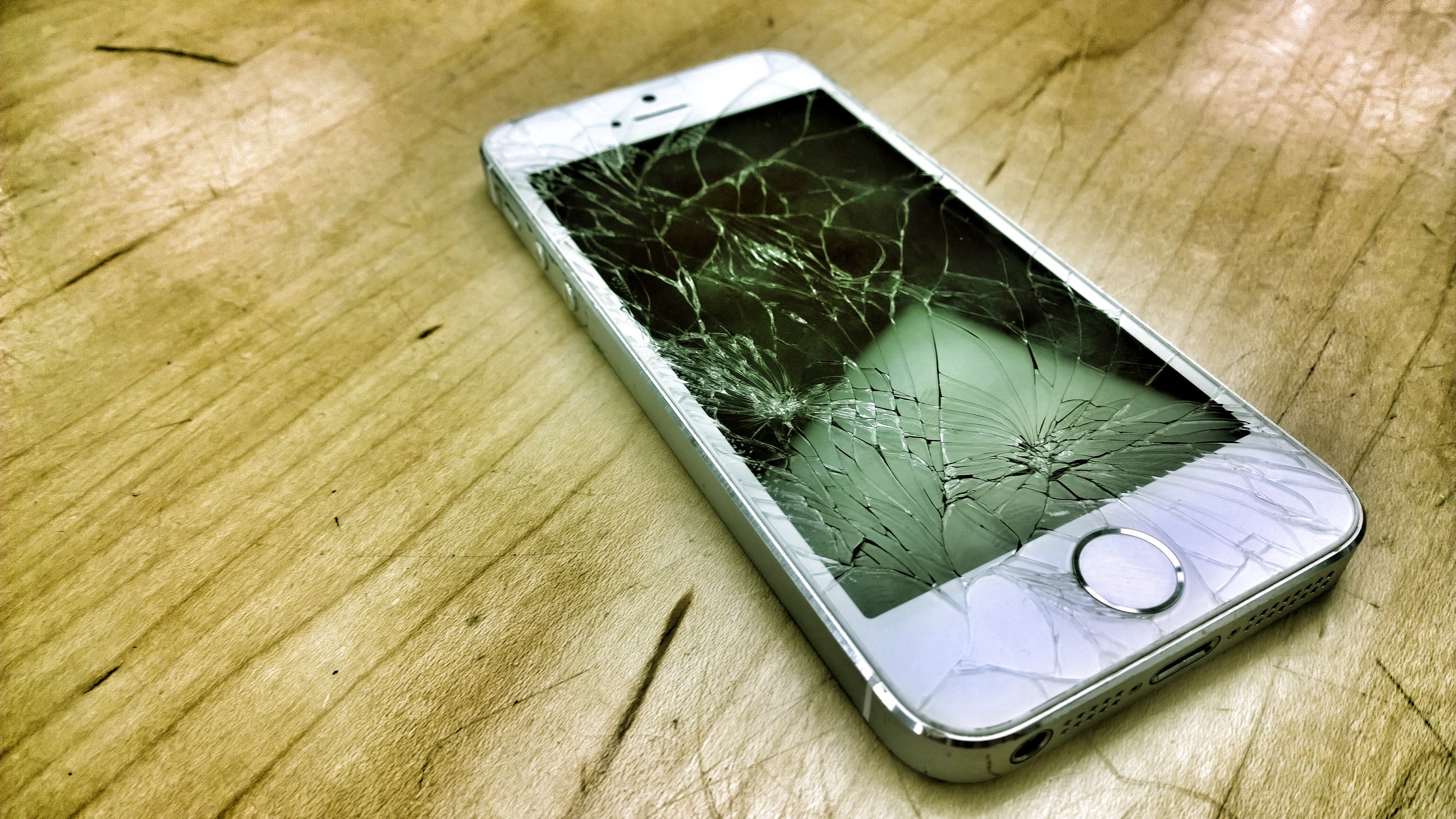
Three questions buzzed among investors and around the Interwebs ahead of today’s Apple fiscal first quarter 2016 earnings report: Would iPhone momentum remain; how big could be revenues; and what would be guidance for the quarter in progress? Wall Street consensus was 76.54 million handsets sold and $76.582 billion in sales. Actual: 74.78 million iPhones and $75.872 billion revenue. More unsettling: Apple forecasts its first sales decline in 13 years; guidance is lower than analyst estimates.
After the closing Bell, Apple answered these questions. Revenue rose 2 percent year over, while net income climbed the same to $18.4 billion from $18 billion. Earnings per share of 3,28 nudged ahead of $3.23 consensus estimate. Gross margin reached 40.1 percent, up from 39.9 percent a year earlier.
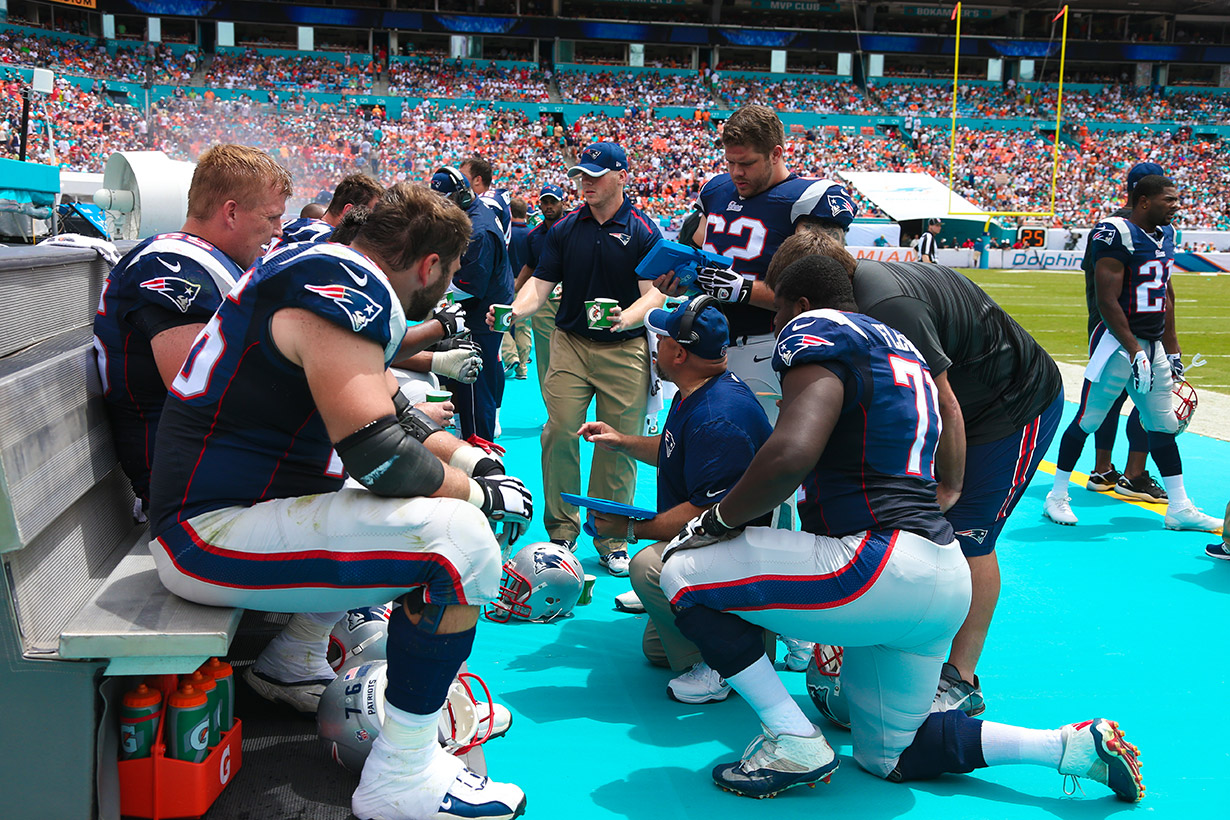
Maybe I’m just pissed that Sunday night’s NFC play-off game between the Carolina Panthers and Arizona Cardinals and follow-up nauseating sports anchorism went over the scheduled time by 25 minutes, so that The X-Files’ return started late and my DVR stopped on time but the program went overtime. Just as Fox Maulder came to disbelieve everything about the alien invasion, the recording stopped. Or maybe I’m a native New Englander who cheers for the Patriots and must blame the two-point loss on someone or something else!
I have cause.
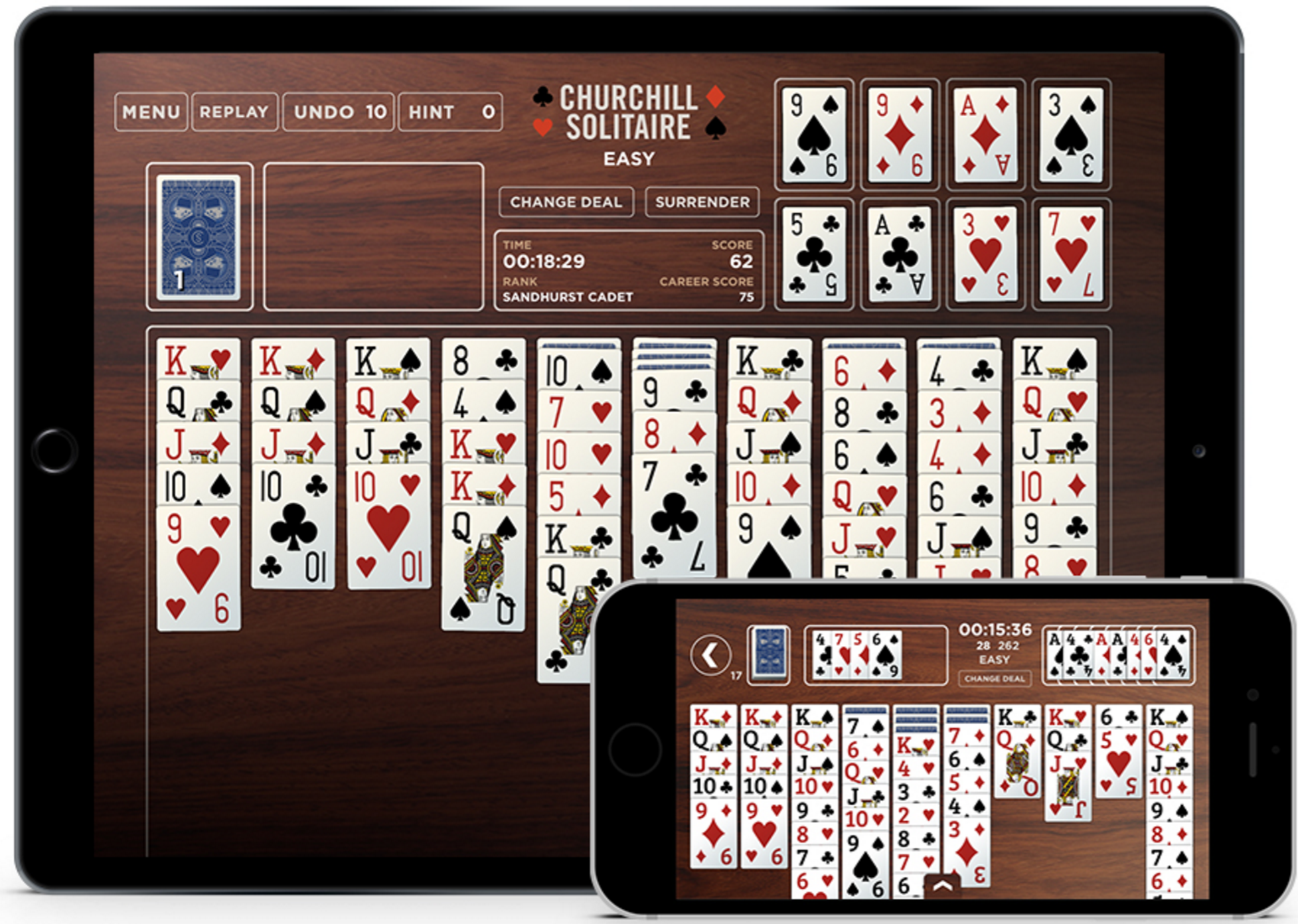
What does it say about America’s grand cultural decline when big political forget-me-nots want to develop applications, just like their grandkids do? Former Secretary of Defense Donald Rumsfeld, 83, has developed a mobile app. Honest to God! It’s all over the interwebs. What are the chances there could be another Donald Rumsfeld, who is younger and develops apps for a living, thus making bloggers and Facebook Fraappers wrong? Nah.
Churchill Solitaire is available right now, for iOS, if you’re lucky enough to use iPhone, as does the former Secretary. The non-Android smartphone makes him feel safe because Apple CEO Tim Cook gave the “no-encryption-backdoor-for-you” middle finger to the U.S. government and Mr. Rumsfeld’s former employer. The app is described as “the most diabolical version of solitaire ever devised”, And the former Secretary of Defense is responsible? Boo hoo, Waterloo!